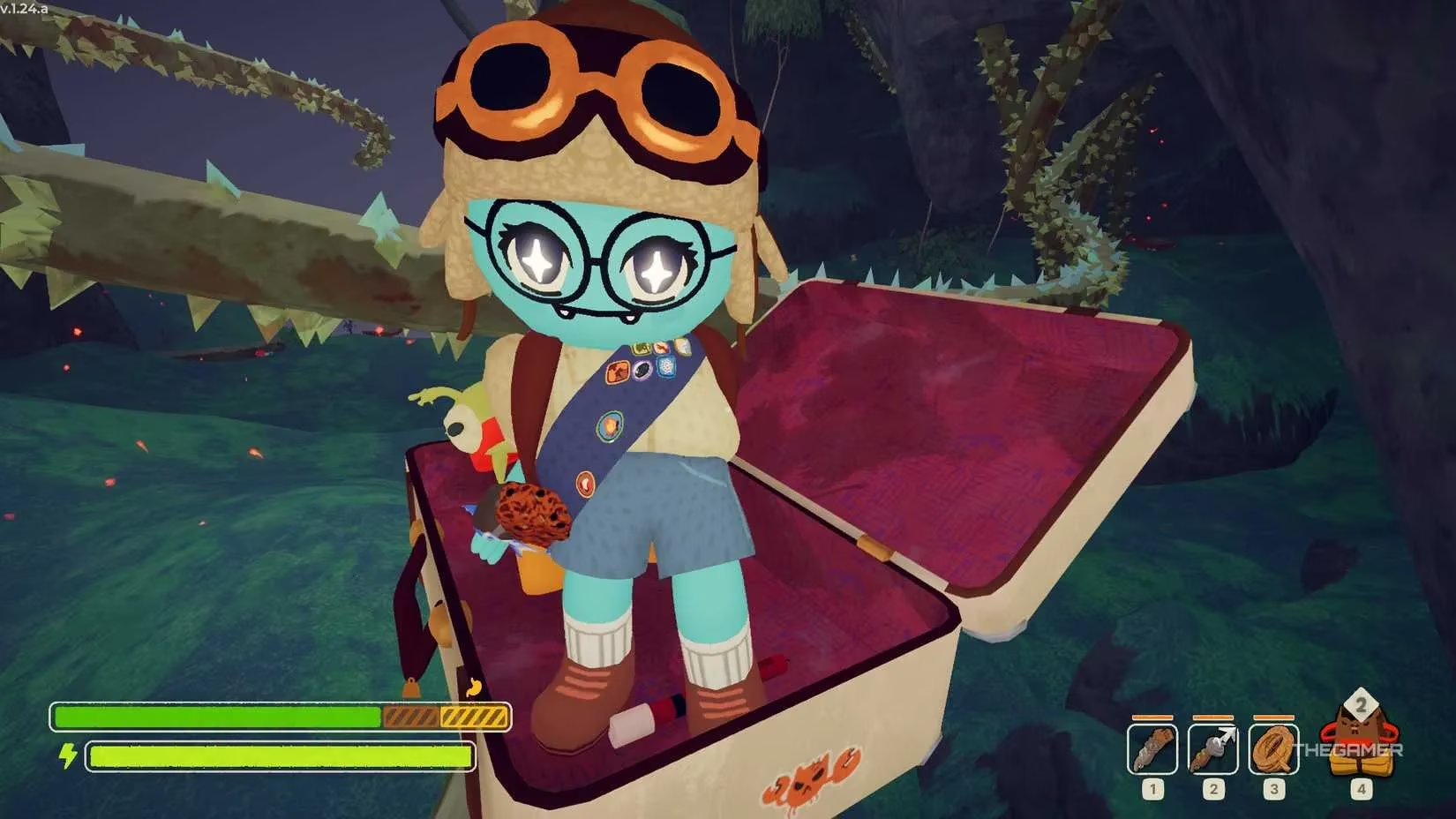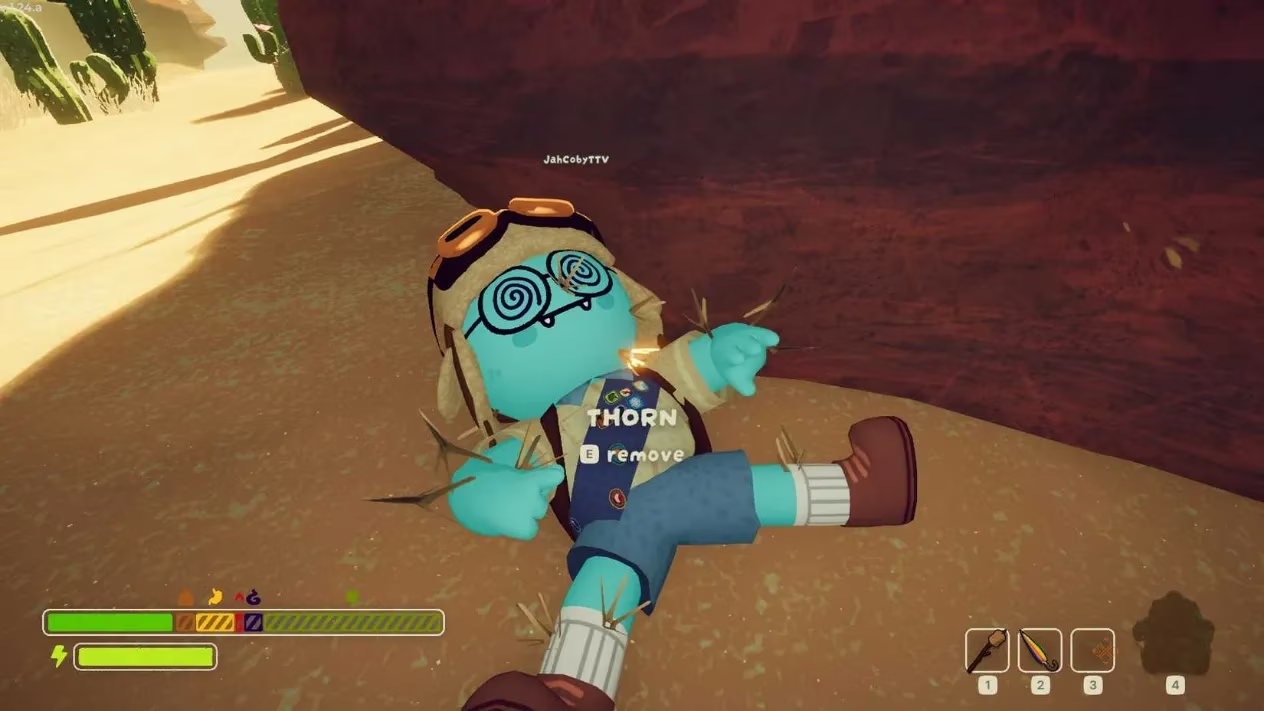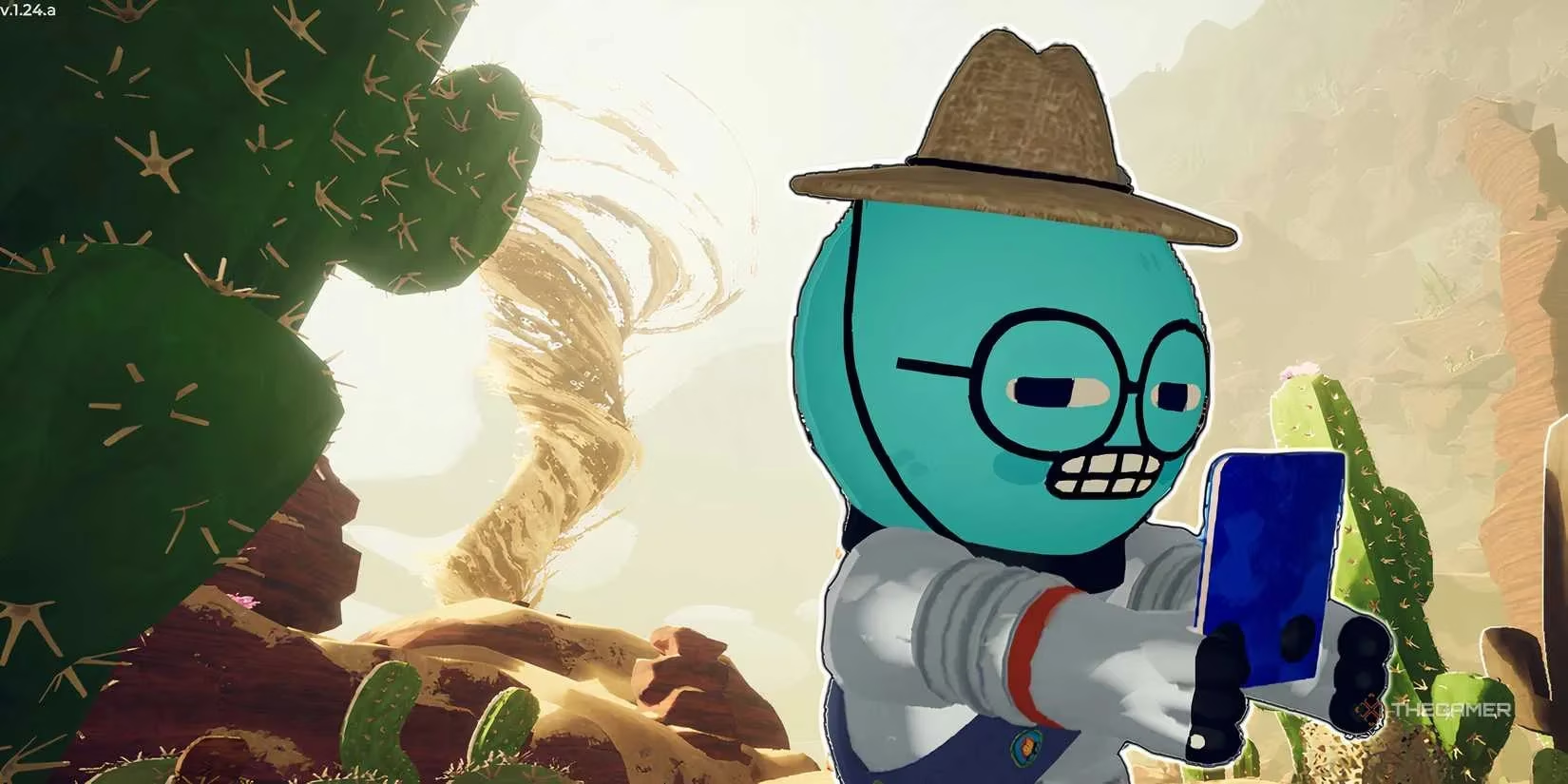In the swirling tempest of adult mental health struggles, where therapy and medication form the standard liferafts, Aggro Crab’s Peak has emerged as an unexpected digital alchemist—transforming leaden anxieties into golden focus. For one player navigating the jagged terrain of mixed diagnoses, this cooperative mountain-climbing simulator isn’t just entertainment; it’s become an anchor in the stormy seas of daily existence. The game’s merciless slopes and punishing deaths paradoxically offer a sanctuary, forcing players to confront failure while forging camaraderie in pixelated adversity. Much like a blacksmith tempering steel through fire and hammer, Peak’s trials forge resilience where fragility once ruled.
The Co-Op Renaissance: Finding Footing in Friendship
Amid a resurgence of cooperative gaming in 2025, the author’s squad treats new releases like migratory birds flocking to warmer climates—discord channels lighting up at every fresh title. Where Fortnite offers chaotic 20-minute skirmishes with safety nets like Reboot Vans, Peak stands as a monolithic challenge devoid of quick fixes. Its vertical gauntlet demands unflinching teamwork, transforming casual evenings into expeditions where every misstep echoes like a dropped anvil in a silent canyon.

Here, being the "weakest link" carries visceral weight. The author describes logging off competitive games when self-doubt creeps in—a retreat Fortnite conveniently allows. But Peak obliterates escape hatches. When death comes (and it arrives with cruel frequency), players become spectral observers haunting their allies’ progress. This mechanic twists the knife: watching friends succeed where you crumbled feels less like gameplay and more like emotional archaeology, unearthing buried insecurities with every ghostly float.
The Crucible of Consequences: Death as a Teacher
Peak’s resurrection rules operate with the glacial indifference of ancient geology. Perish in the Alpine biome’s frozen teeth? You’ll only respawn if teammates survive the entire snow-swept hellscape. And that’s merely the prelude to lava fields that roast scouts like ants under a magnifying glass. The stakes transform each climb into a high-wire act over a pit of self-reproach. For the author, failing the team triggers guilt tsunamis—yet therein lies the therapy.

The mountain refuses pity. It won’t pause for panic attacks or accommodate anxiety. This ruthless cadence forces a psychological pivot: after minutes of silent self-flagellation, the player must re-engage. The game becomes a dance with discomfort, where each biome represents a fresh chance at redemption. "I may have died in the Tropics," the author resolves, "but I’ll be king of Mesa." Such declarations aren’t just bravado—they’re cognitive lifelines thrown across chasms of doubt.
Roles and Resilience: The Backpack Brigade
What elevates Peak beyond masochism is its symphony of specialized roles. One friend scouts ahead like a homing pigeon, charting optimal paths. Another tracks achievements like a archivist preserving relics. A third voices reason—though the team often ignores his wisdom, much like sailors dismissing storm warnings.

The author? They’re the pack mule—the designated backpack carrier. On paper, entrusting gear to the group’s most fatality-prone member seems like storing fireworks in a furnace. Yet this role anchors them. Carrying supplies becomes a tactile metaphor for contribution; even when tumbling off cliffs, they’ve served the collective. This contrasts sharply with Fortnite’s frenetic gunplay, where strategy often dissolves into survivalist chaos. Peak’s deliberate pacing allows space for growth, turning each expedition into a workshop for patience. The backpack isn’t just inventory—it’s a counterweight to self-sabotage.
The Summit’s Shadow: Why We Climb
Peak thrives in the liminal space between punishment and catharsis. Its biomes—snow, lava, jungle—mirror the unpredictable topography of mental health, where progress demands navigating hazards with trusted allies. The game’s genius lies in forcing players to sit with failure rather than respawn instantly. That spectral vigil over living teammates? It’s the emotional equivalent of holding broken pottery shards before reassembling them.
Modern gaming often soothes with power fantasies, but Peak offers something rarer: dignified struggle. The author now chooses virtual ascents over real-world cliffs, swapping youthful adrenaline for pixelated triumphs followed by Sleepytime Tea. This ritual underscores gaming’s evolving role in 2025—not mere escapism, but a forge for resilience. As players worldwide continue their climbs, one wonders: could more games harness hardship as therapy? The mountain holds its secrets close, but the view from each new ledge suggests we’re only beginning to explore the healing potential of shared digital odysseys. 🏔️✨
